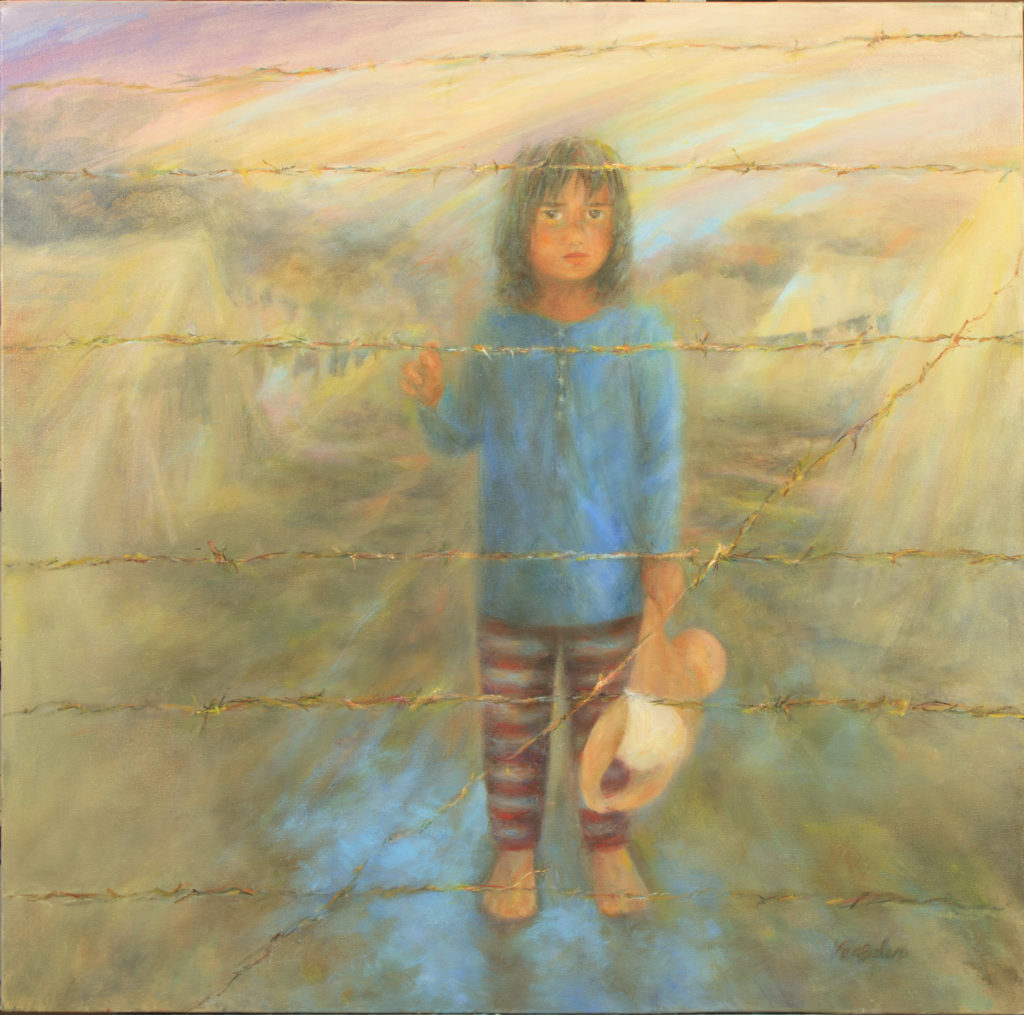
The Scripture readings for Sunday, November 25, and Pope Francis’s new encyclical, Fratelli Tutti, share major themes that speak to current global and national issues. The texts clearly place this call front and center: Love and care for our neighbors (that’s everyone) and the common good, and turn from “idols” that hinder us from doing so.
Exodus reminds us that the poor, marginalized, and vulnerable among us deserve special respect and care. This is not an option. This is not charity. It is justice required by a compassionate God. When they are mistreated, God hears their cries.
The pandemic has highlighted the inability of the global community to work together to address the crisis. It has revealed failures and fissures in this country’s polices, institutions, and lack of will when it comes to justice and providing for those living on the edges.
Pope Francis introduces the social encyclical’s first chapter, “Dark Clouds Over a Closed World,” saying he intends “…simply to consider certain trends in our world that hinder the development of universal fraternity” (9). [Numbers after Fratelli Tutti quotes indicate the paragraph in the document where they are found.]
His list of concerns includes a throwaway world where “Some parts of our human family, it appears, can be readily sacrificed for the sake of others considered worthy of a carefree existence. Ultimately, persons are no longer seen as a paramount value to be cared for and respected, especially when they are poor and disabled, ‘not yet useful’ – like the unborn, or ‘no longer needed’ – like the elderly” (18).
Among other topics addressed in this section are the pandemic (32), loss of a sense of history that leads to “new forms of cultural colonization” (14), the spreading of despair and discouragement and using extremism and polarization as political tools (15), unequal respect of universal human rights (22), the fading sense of being part of a “single human family” (30), and poor treatment of migrants crossing borders around the world (37).
In Sunday’s gospel from Luke, Jesus elevates the call to love and care for our neighbors. When asked what the greatest command was, he had two, not one: Love God and love your neighbor as yourself. Everything, he said, depends on these two.
Chapter Two of Fratelli Tutti reflects on perhaps the most well-known parable in the New Testament: The Good Samaritan. Francis warns against the danger of hypocrisy evidenced by the priest and Levite, who passed the injured man without stopping to help: “It shows that belief in God and the worship of God are not enough to ensure that we are actually living in a way pleasing to God (74).” He encourages readers to start small, acting at local levels and then moving out to needs in their countries and in the world. “Difficulties that seem overwhelming are opportunities for growth, not excuses for a glum resignation that can lead only to acquiescence” (78).
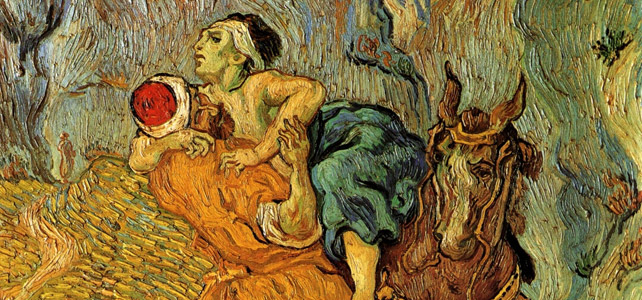
He writes forceful words about the Samaritan caring for the injured man and what that example means for us:
“… it leaves no room for ideological manipulation and challenges us to expand our frontiers. It gives a universal dimension to our call to love, one that transcends all prejudices, all historical and cultural barriers, all petty interests” (83).
In Sunday’s second reading, St. Paul praises the Thessalonians in part for turning away from idols to serve the true God. When reading about idols in Scripture, I don’t always make the connection to the idols in my life. It’s tempting to relegate them to earlier eras and the worship of statues or images.
But certainly, this age has its idols that get in the way of serving God and joining in the work of bringing God’s kingdom.
Everything, then, depends on our ability to see the need for a change of heart, attitudes and lifestyles.
Pope Francis Fratelli Tutti
Fratelli Tutti makes numerous references throughout to what I would call “idols” today: aggressive nationalism, limitless consumption, individualism, wealth, control, and self-interest to name a few.
Francis sees hope in the midst of the gloom – in willingness to dialogue and engage in genuine encounter, in the desire to love. God has placed goodness in the human heart, and many go about their ordinary days trying to be true neighbors, remembering no one is saved alone; we share the same hope; we sail in the same boat.
These readings and this encyclical are deeply challenging, if we take them seriously. In these times, how can we not? As Pope Francis writes, “Everything, then, depends on our ability to see the need for a change of heart, attitudes and lifestyles” (166).
©2020 Mary van Balen
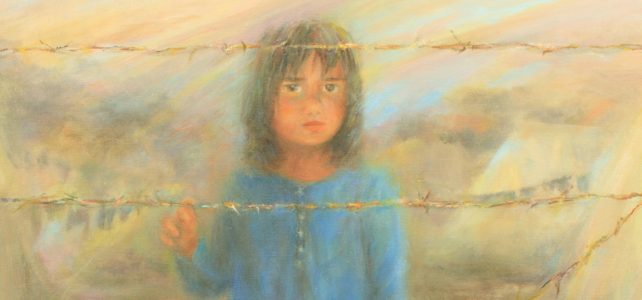
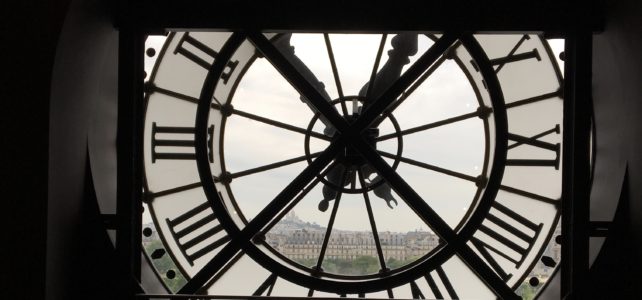
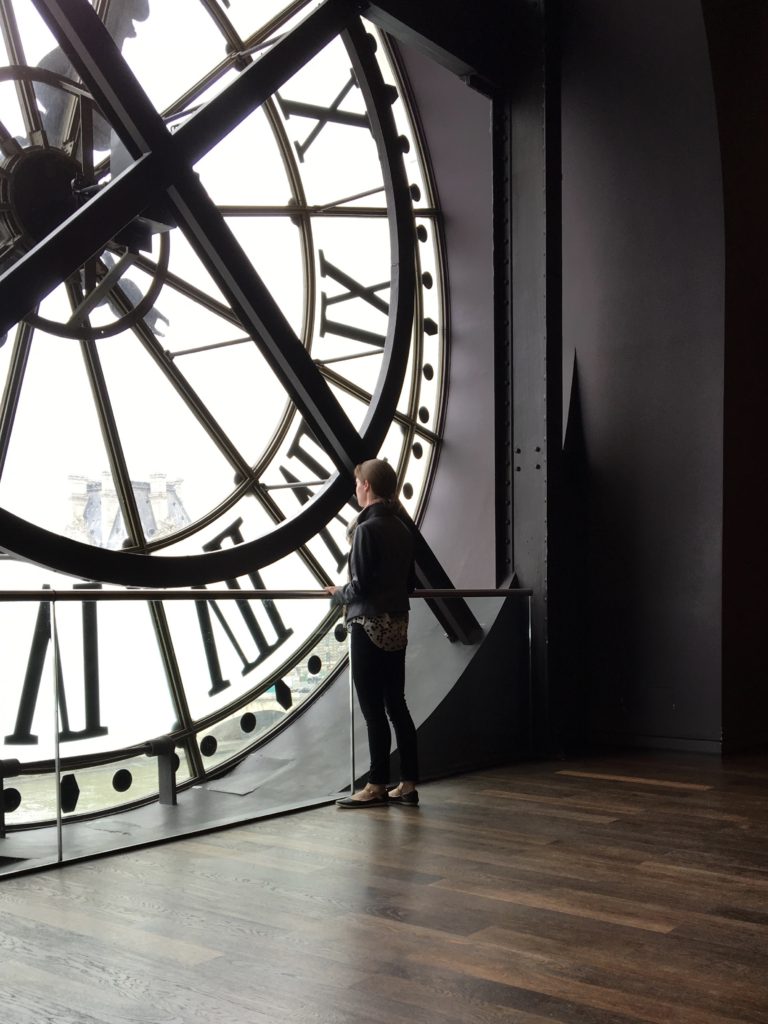
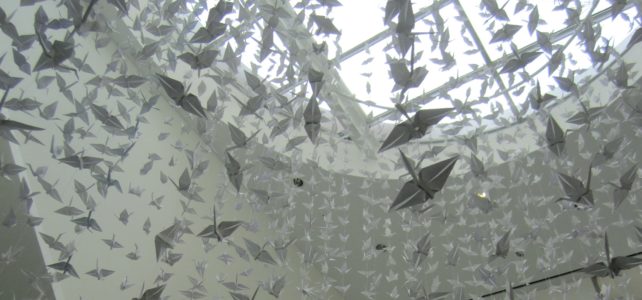
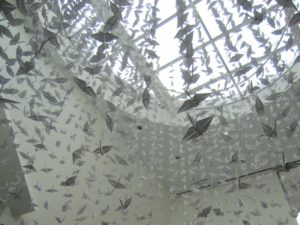
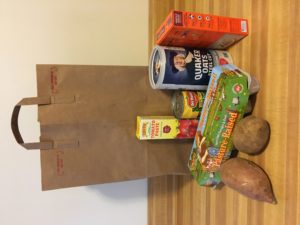
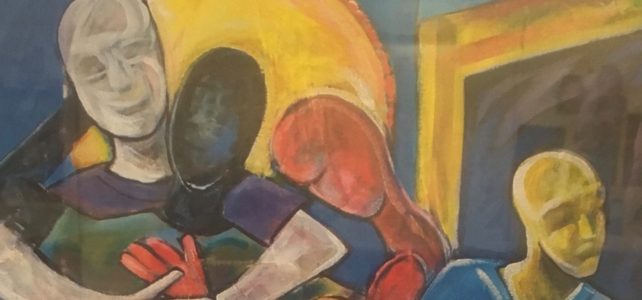
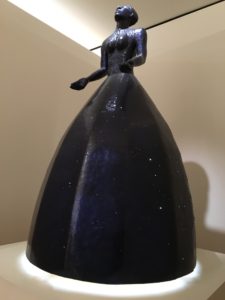
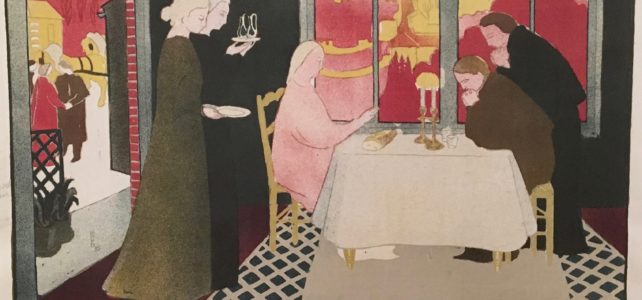
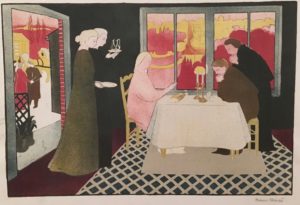
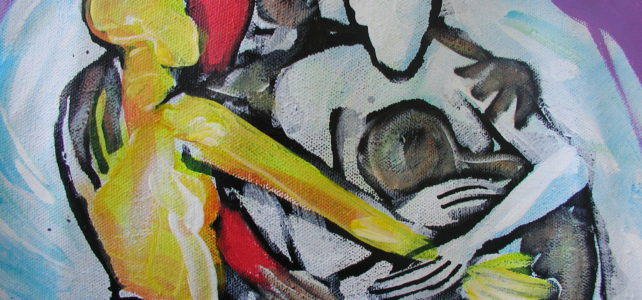
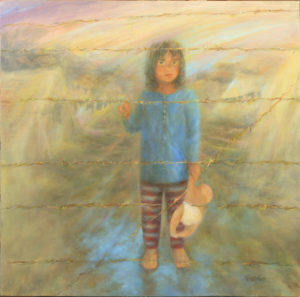
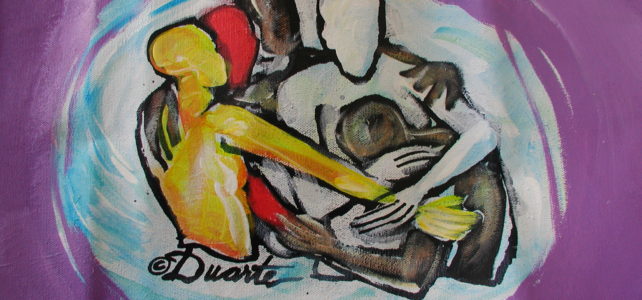
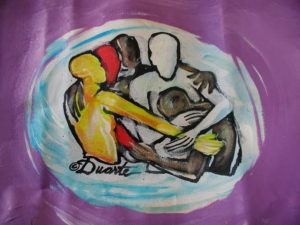
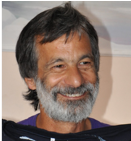
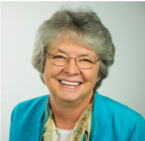 Mary van Balen is the author of four books, numerous articles, and has written the column “Grace in the Moment” for over 31 years. She holds an MA in Theology and was a resident scholar at the Collegeville Institute for Ecumenical & Cultural Research. Mary conducts retreats on topics including journaling and spirituality. She is a spiritual director, having completed the Spiritual Guidance Program at the Shalem Institute. Also an educator, Mary has worked as a classroom teacher, an enrichment consultant, and an adjunct instructor of theology. She has worked with abused women and single mothers in a federally funded poverty program for family literacy.
Mary van Balen is the author of four books, numerous articles, and has written the column “Grace in the Moment” for over 31 years. She holds an MA in Theology and was a resident scholar at the Collegeville Institute for Ecumenical & Cultural Research. Mary conducts retreats on topics including journaling and spirituality. She is a spiritual director, having completed the Spiritual Guidance Program at the Shalem Institute. Also an educator, Mary has worked as a classroom teacher, an enrichment consultant, and an adjunct instructor of theology. She has worked with abused women and single mothers in a federally funded poverty program for family literacy.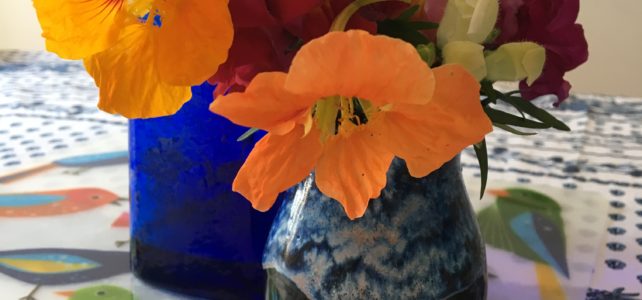
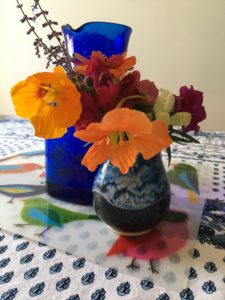
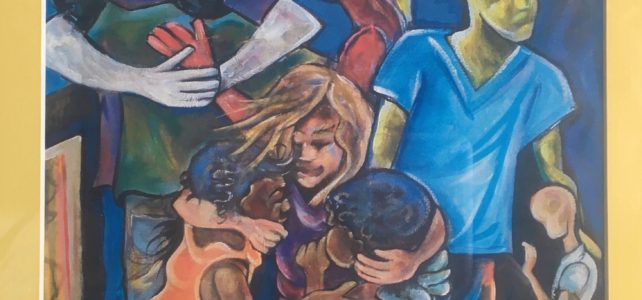
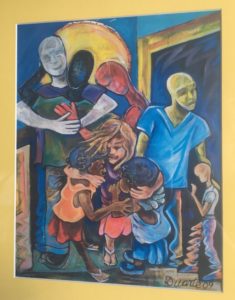
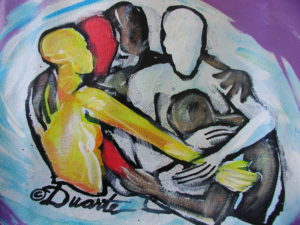

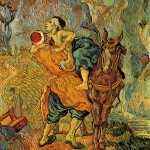
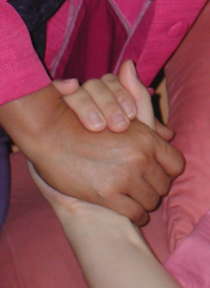 I heard him say that whatever we do to the least among us, we do to him. And when it came right down to it, when someone asked him what was most important, he had two things to say: Love God. Love your neighbor as yourself.
I heard him say that whatever we do to the least among us, we do to him. And when it came right down to it, when someone asked him what was most important, he had two things to say: Love God. Love your neighbor as yourself.